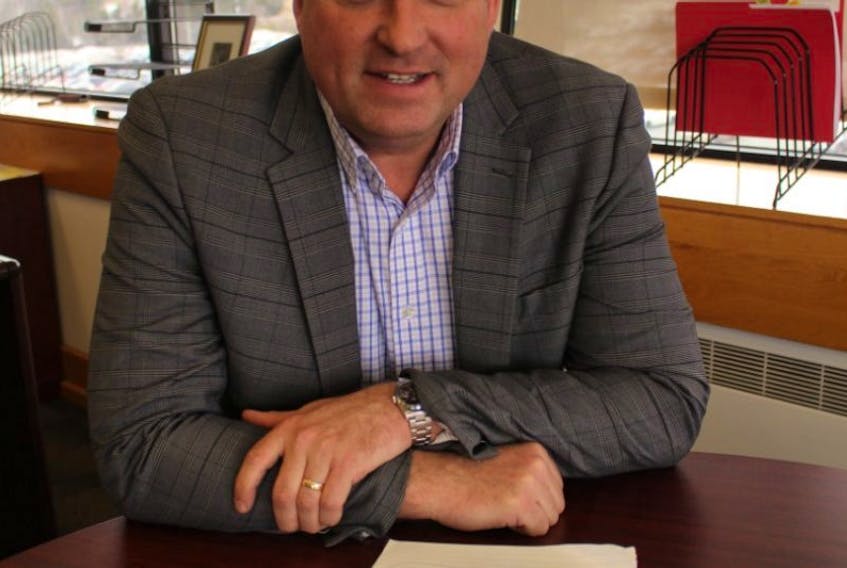In a few weeks, the Memorial University board of regents will meet to discuss the provincial government’s budget, which cut funding to the university.
University president Gary Kachanoski has said the tuition freeze might have to end after more than 15 years.
Byrne has said the government is providing $56 million to MUN to maintain the tuition freeze, and if tuition fees go up, the university might not get all of that money.
One possibility might be a two-tier tuition system that charges more for out-of-province students.
“The tuition freeze and the $56 million is for the university to maintain a tuition freeze for Newfoundland and Labrador students,” Byrne said.
“What my mandate letter does not say is for international and out-of-province students.”
Byrne pointed out that other provinces, such as Ontario and Quebec, charge international students more than the education costs, turning it into a profit opportunity for the university. In Newfoundland, international students are heavily subsidized by taxpayers, along with all domestic students.
The dance between the provincial government and Memorial University about the tuition freeze is becoming a bit of an annual tradition.
First, the province cuts MUN’s funding because the government is broke. Then MUN frets about how tight money is, and suggests that maybe tuition will have to go up. Then the minister threatens to cut funding further if the tuition freeze doesn’t stay.
In the past few years, the board of regents has voted to maintain the freeze through a complicated alchemy that involves cuts in other areas. Meanwhile, infrastructure at the university is crumbling.
Byrne said what’s missing in this drama is a full understanding of the financial situation at MUN.
He said it’s true the government cut $11.4 million from MUN’s subsidy, but that was partially offset by an increase in targeted funding in other areas, so it amounts to about a $3.6-million cut.
More to the point, though, Byrne said that even though MUN’s tuition is the lowest in the country, the overall operating costs are among the highest.
The huge provincial government subsidy is masking the true situation.
“If it costs $31,000 per student per year to provide an education at Memorial University of Newfoundland, why is it that it costs $19,000, on average, in other provinces?” Byrne said.
And that’s the thing about raising tuition, even for non-Newfoundlanders; Byrne said the public — students in particular — needs to ask whether it’s necessary.
“Before you raise revenue, we would like to have full disclosure of your expenses,” he said. “If you need to do something, you need to explain why. And I don’t think that explanation has been offered.”
Byrne said he wants the public to be more involved in the conversation about Memorial University’s finances, and its role in the province.
“This should never be a bilateral conversation ever again. This has to be a conversation between government, the university and the entire stakeholdership — the entire province of Newfoundland and Labrador,” he said.
“I’m not going to encourage the conversation. I’m going to drive it.”









